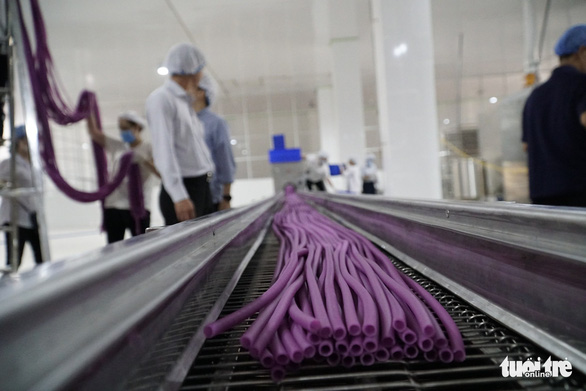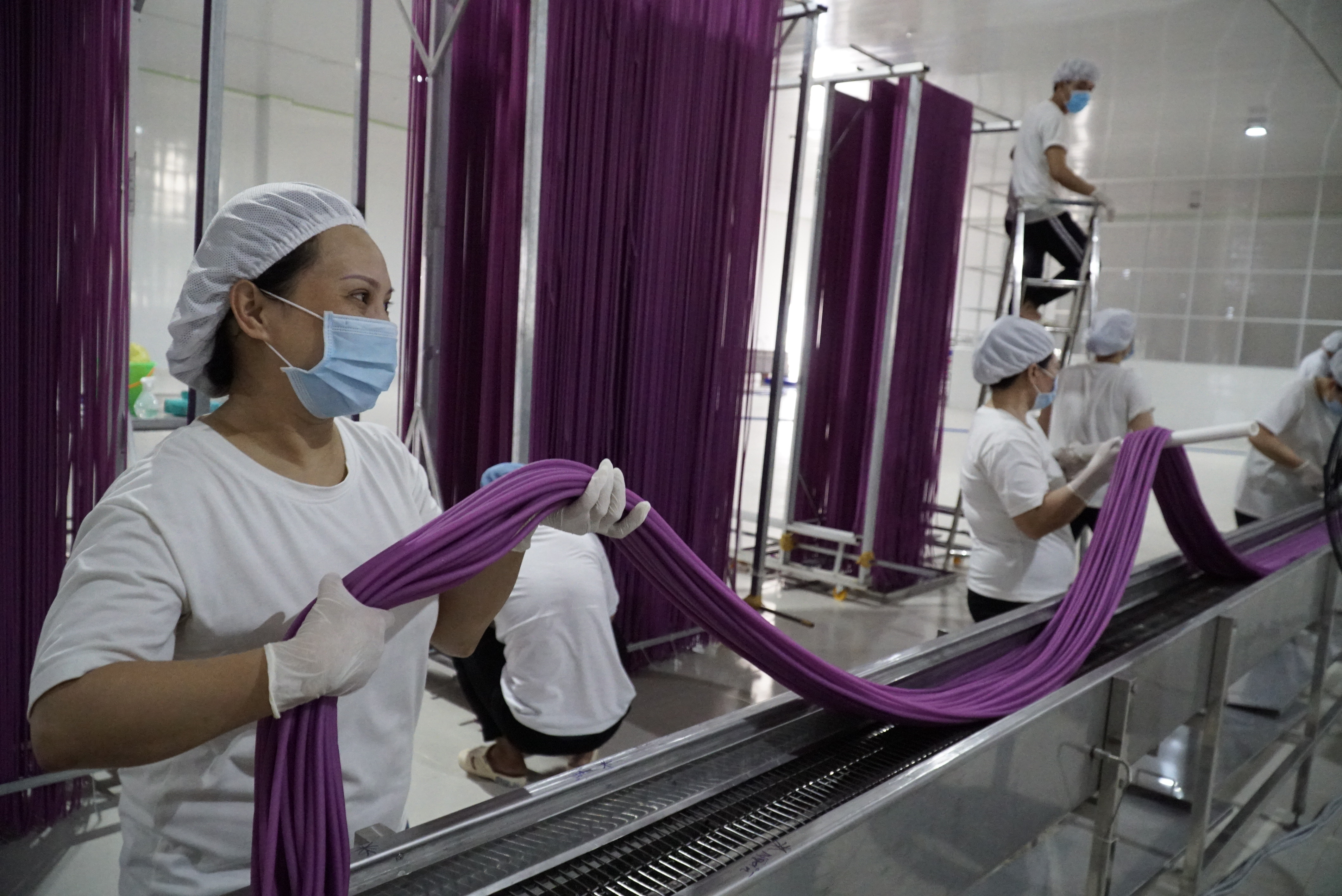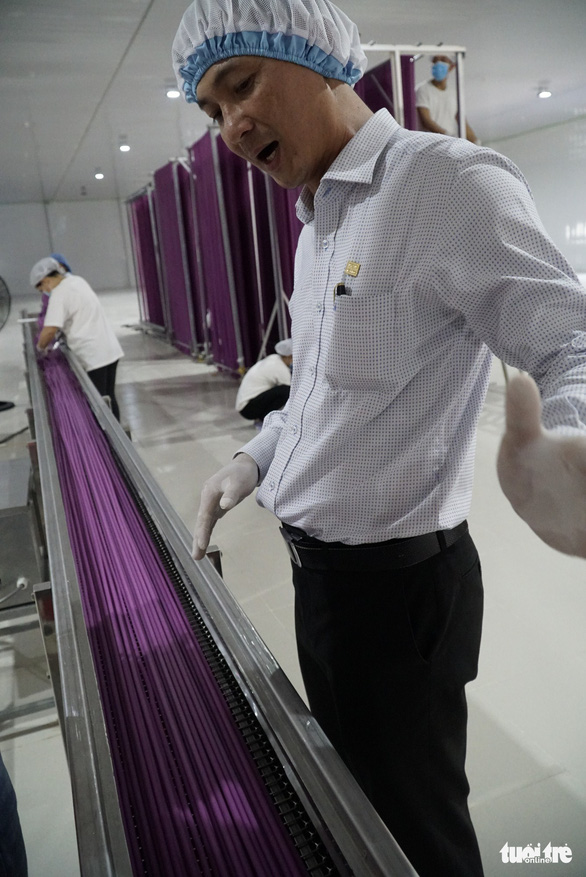HungHau, News & Event
Vietnamese firm makes edible rice-flour straws to help protect environment

A Vietnamese firm has succeeded in producing straws made of rice flour, which can be eaten, to replace plastic ones at a time when environmental protection is a topical issue in Vietnam.
HungHau Foods, a company based in Ho Chi Minh City, currently makes 100,000 rice-flour straws a day at its plant in Sa Dec, which is a city in Dong Thap Province, Vo Minh Khang, its general director, said.
The firm will expand the capacity by five times this month, Khang added.
These eco-friendly straws have been introduced to such markets as South Korea, Japan, European countries and purchase deals have been signed, the executive revealed.
In Vietnam, many distributors have approached HungHau for an exclusive deal while high-end restaurants and hotels are the target segment, Khang said.

“I have been to many countries where environment-friendly products are favoured,” he said.
“My company are good at making rice-flour products so we have researched and started production.
“It amazes me that consumers have responded so well to our straws.”
HungHau explored ways to make the rice-flour straws for one year before rolling them out four months ago.
“We faced such difficulties as finding the formula and machinery to ensure the straws are hard to be broken, stiff enough, and evenly made,” the executive confided.
These straws can be kept at room temperature for 18 months whereas the duration will be shortened to 30-120 minutes when they are put in normal or cold water.
The straws come in white taken from rice, green , purple t, and black
They are eatable but the producer warns against consuming too many straws a day.

Environmental protection has gained significant attention from both the people and the government in recent times.
Many initiatives and campaign have been launched to raise public awareness of the issue.
Vietnam was amongst the five countries that dumped the most plastic into the ocean, according to a 2017 report by Ocean Conservancy.
Two metropolises of the Southeast Asian nation, Ho Chi Minh City and Hanoi, alone get rid of about 80 metric tons of plastic a day, according to data from the Ministry of Natural Resources and Environment.
